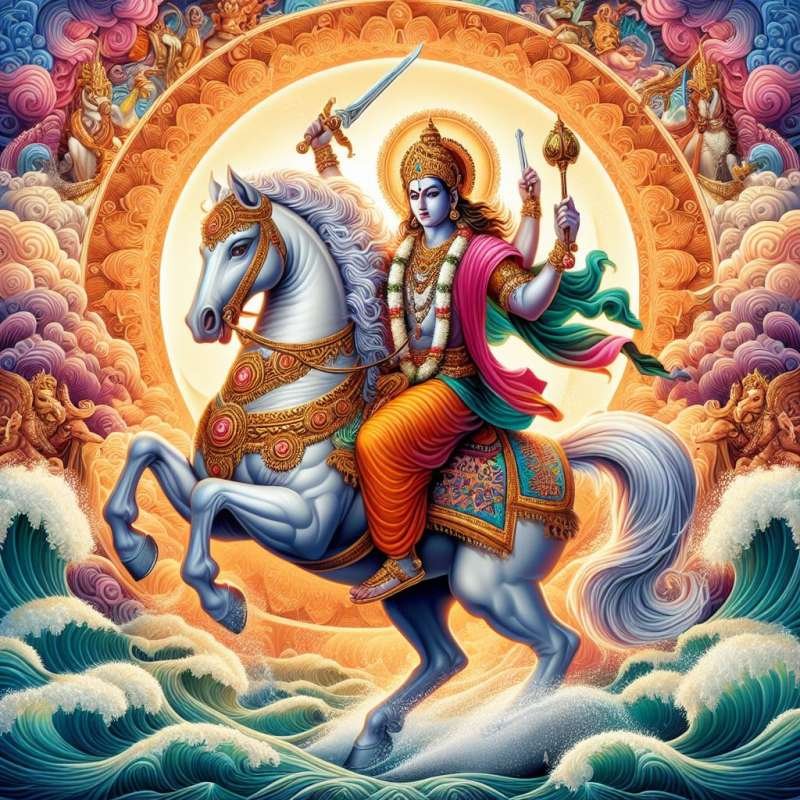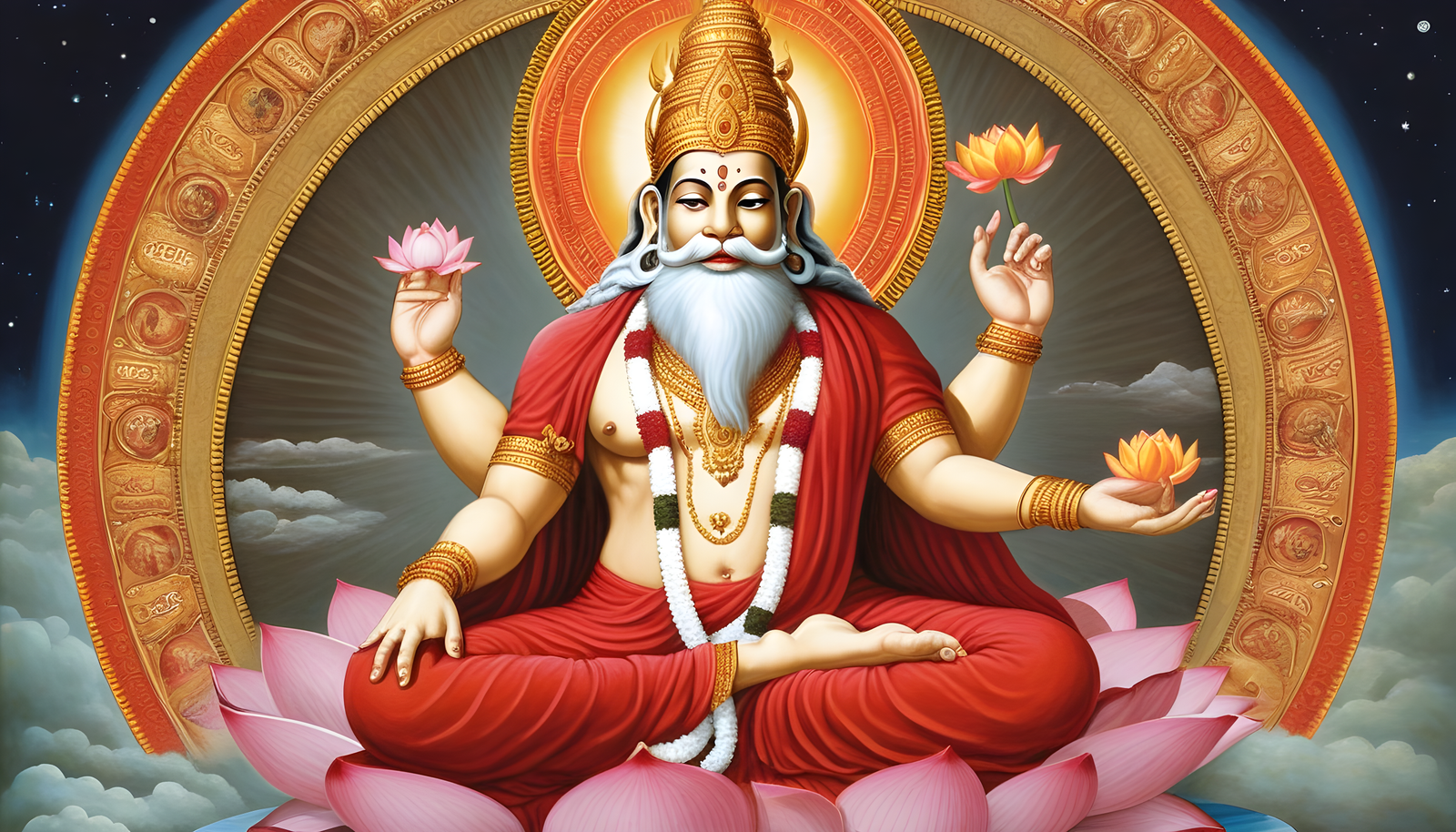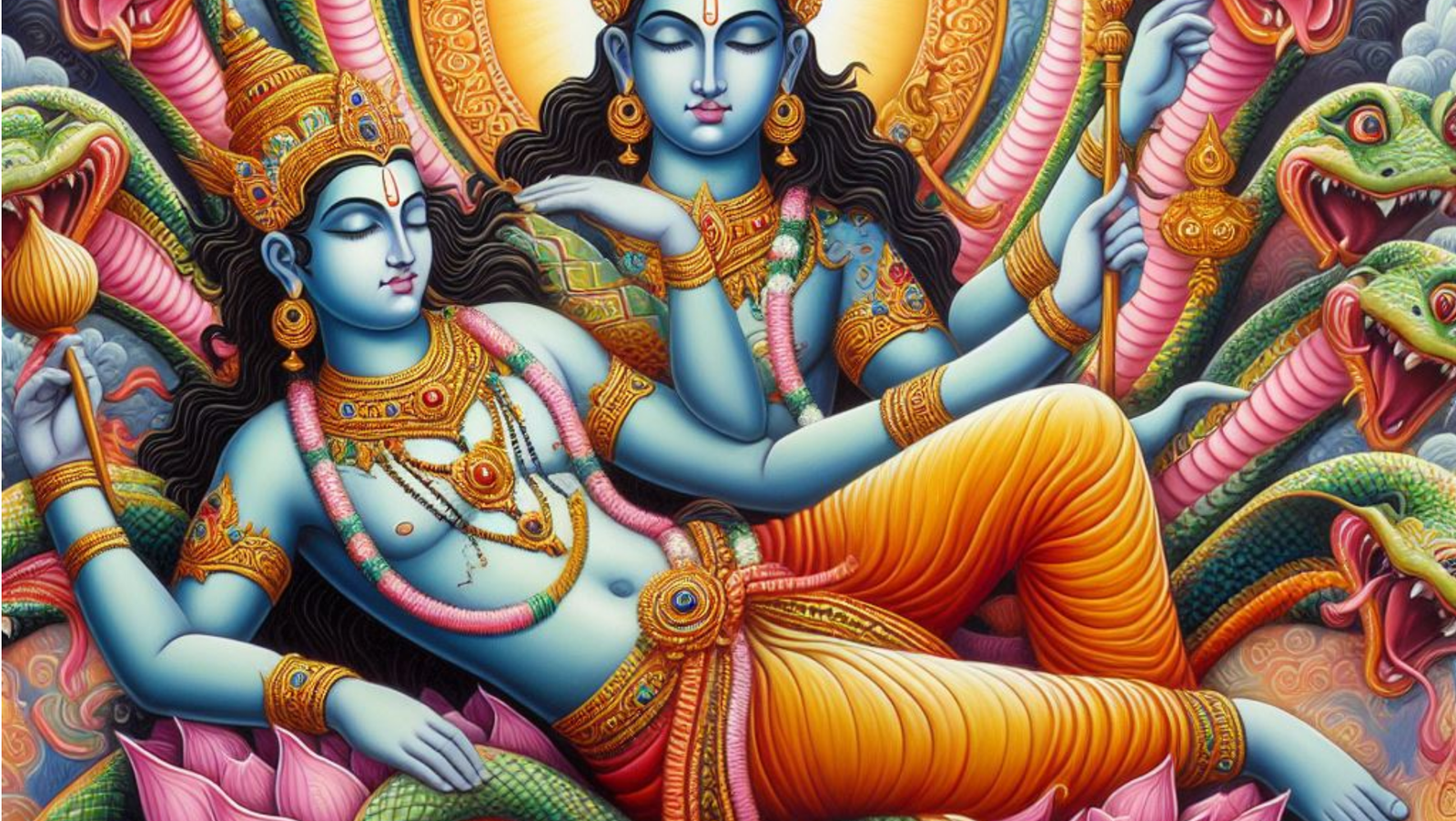Who Is Father Of All Gods in Hinduism?
Unlike in Western theology, in Hindu saga there isn’t really a solitary “father of all gods”, as much of the lore predates prefectural polytheism introduced at the end of the RgVedic age. But since Hinduism has multiple gods & deities, and the same thought can be interpreted differently by different sects/ philosophies of Hinduism, a lot of them do not believe in the concept of any supreme God.
Brahma, Vishnu and Shiva constitute the three major deities of Hinduism, collectively known as the Trimurti. All of them serve a different purpose in creating, maintaining and destroying the universe:
1. Brahma: The creator of the Universe traditionally. As four Vedas are attributed to him, they are portrayed as his four heads, with the heads of a goat, a boar, a horse and a jaguar but shown in human form.
2. Vishnu: Vishnu is the maintainer and preserver of the universe. He is considered to appear on Earth in bodily form (múrti, avatára) to restore dharma to its rightful place in the order of the universe (lóka). Many Hindus regard Vishnu as the highest deity, and his name appears in many mantras from the Rig Veda which predate the great epics.
3. Shiva: Shiva is the destroyer or the transformer in Hindu mythology. He is the patron of destruction, but also of renewal and the erasure of the ego to achieve spiritual liberation. Shiva is also worshipped in other forms, including the benevolent form of Lord Shiva and the fearsome form of Rudra.
According to some Hindu systems, Brahman is a tripartite concept in which it is the unchanging metaphysical reality (source of the world and cosmic consciousness), Atman which is also unchanging self, self-realisation, and the greatest of all. Brahman is accepted as all forms and attributes transcending, in which context, it cannot be confined to any deity or form.
With that, we don’t have a single “father of all gods” in Hinduism but a combination of Brahman, Brahma, Vishnu, and Shiva — described respectively as the creator, sustainer and transformer of the Hindu faith.
You may also like …
Are You The Proud Hindu?
The Trimurti
Create an account to join us and start taking part in conversations.
SIGNIN



